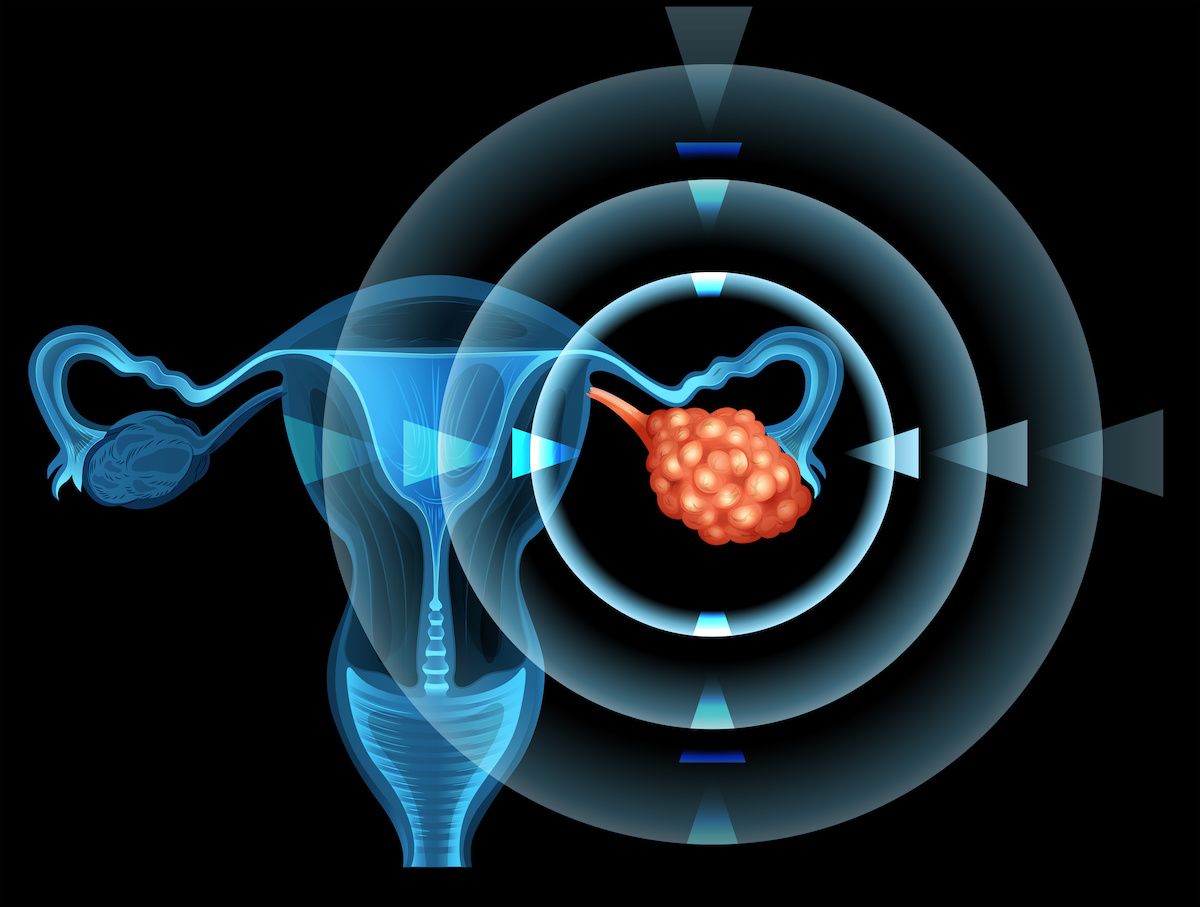Women diagnosed with ovarian cancer who have achieved complete remission after initial therapy and subsequently find that cancer cells have returned are said to have relapsed or recurrent disease. The propensity for ovarian cancer to recur is among several factors that make ovarian cancer a difficult diagnosis.
Whether your ovarian cancer is likely to recur is largely dependent on its stage at diagnosis. The majority of women with stage 3 and stage 4 disease will experience recurrence. Women with early stage disease are far less likely to have a recurrence, and about 80% will still be disease free after five years.
Some women with ovarian cancer are unable to achieve complete remission and some cancer cells persist after initial treatment called persistent disease; or their cancer continues to grow despite initial therapy, called refractory disease.
Second-line therapy for ovarian cancer
Additional treatment – called second-line therapy – is used for persistent, recurrent and refractory ovarian cancer. Your treatment options for second-line therapy will depend on what treatments you’ve already had, the length of your remission and the location of the recurrence. These options may include:
- Clinical trials that offer access to the latest drugs and approaches, including targeted agents and immunotherapies that are unavailable elsewhere.
- Second surgical debulking if remission lasted more than 6 months and patient is a good candidate for surgery and has disease that can be removed with surgery.
- Medical therapy using different agents or combinations of chemotherapy, targeted therapy, and immunotherapy agents.

